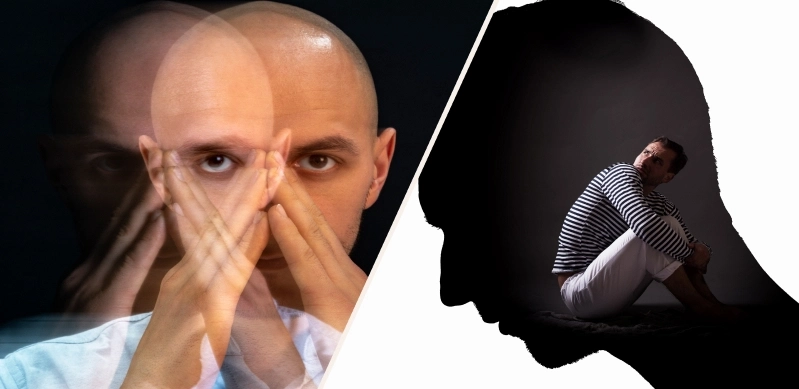For many people of all ages, High Blood Pressure Ears Ringing is a persistent ringing sound in the ear that is a defining feature of this sad illness. More recently, a disorder called high blood pressure has been connected to ringing in the ears.

What Is High Blood Pressure?
High blood pressure is indicated by unhealthy blood pressure levels that circulate throughout your body.
As your heart pumps blood throughout your body, it may run with resistance in your arteries and blood vessels. This resistance causes your blood pressure to rise. Typically, high blood pressure results from the body’s arteries and veins narrowing.
Is High Blood Pressure Ears Ringing A Sign Of High Blood Pressure?
More recently, studies have indicated a connection between high blood pressure and tinnitus. Patients who have been diagnosed with hypertension frequently report experiencing symptoms of tinnitus.
People can hear these noises, which include roaring, rushing, hissing, clicking, buzzing, and ringing. Furthermore, a study found that hypertension was diagnosed in 44.4% of patients with tinnitus. An official diagnosis of high blood pressure is preceded by hypertension.
The delicate network of vessels that make up the auditory system is assumed to be the cause of the association between tinnitus and high blood pressure. The patient experiences continuous noise in their ears when blood pressure rises through small veins close to the auditory system.
The tinnitus noises that these people may experience are frequently described as thumping, throbbing, and pumping. The increased strain on the small blood vessels around the auditory nerve is thought to be the cause of these unusual sounds.
Treating The Underlying Cause Of High Blood Pressure Ears Ringing
Unfortunately, there isn’t a single treatment that works for everyone with tinnitus. Instead, treating the underlying cause of tinnitus is the key to curing its symptom.
Many medical problems can result in tinnitus. Earwax accumulation, adverse effects from ototoxic medications, allergies, ear infections, loud noise exposure, migraines, and even elevated blood pressure are a few of them.
Making adjustments to lower blood pressure is crucial in helping patients with high blood pressure get rid of their tinnitus symptoms. Dietary adjustments, lifestyle modifications, increased exercise, and medication use are some highly advised strategies to lower high blood pressure.
Tinnitus episodes decrease in frequency if individuals are able to maintain lower blood pressure levels. In the end, a lot of people say they don’t have any tinnitus symptoms at all.
In conclusion, it’s essential to see an expert if you have tinnitus. After evaluating your condition and recommending the best course of action to address your unique hearing needs, let doctors provide you with hearing care.







